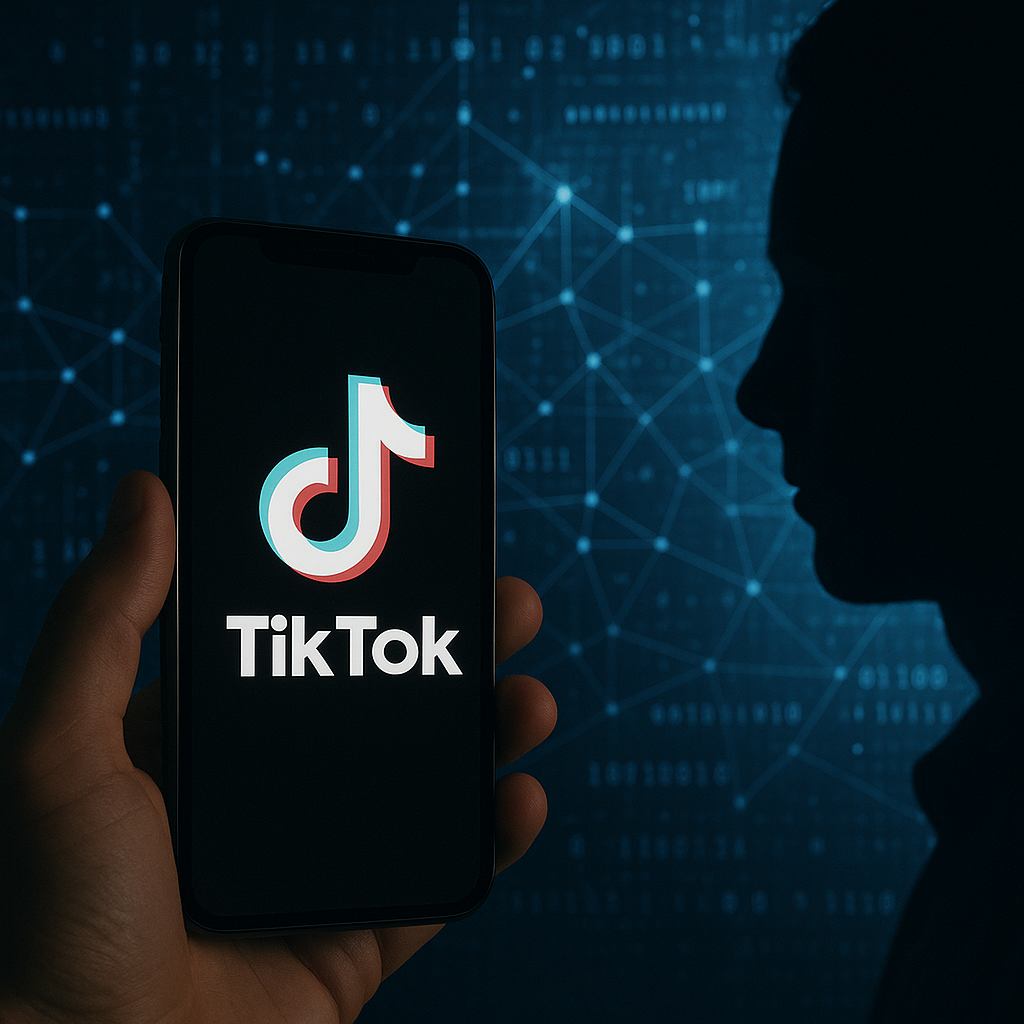TikTok’s future in the United States is undergoing a dramatic shift. Under a new deal, the app’s powerful recommendation algorithm will be retrained exclusively on U.S. user data, with a consortium of American investors taking control. While framed as a national security safeguard, experts warn the move could reshape TikTok’s content, amplify political influence, and create fresh privacy challenges
Background of the Deal

The deal requires ByteDance, TikTok’s Chinese parent company, to reduce its control. Key points include:
-
Majority U.S. Ownership – Investors such as Oracle, Silver Lake, and Andreessen Horowitz are expected to take leading stakes.
-
U.S. Data Storage – All information from TikTok’s 170 million U.S. users will be hosted on domestic servers.
-
Algorithm Licensing – Instead of selling the algorithm outright, ByteDance will license it to the new U.S.-led entity.
This arrangement balances U.S. security concerns with China’s restrictions on tech exports.
Algorithm Retraining: What It Means
Retraining the TikTok algorithm on U.S. user data raises major questions:
-
Content Bias Risks – Shifts in training data could alter recommendations, amplifying certain voices while silencing others.
-
Political Influence – Experts compare the risk to Twitter/X under Elon Musk, where algorithm changes fueled debates on political favoritism.
-
User Trust – If users perceive manipulation, TikTok could face backlash or mass defections.
Pro-Trump Billionaires’ Influence
The investor group includes several allies of former President Donald Trump:
-
Andreessen Horowitz – A key Silicon Valley firm with political clout.
-
Oracle (Larry Ellison) – Long-standing Trump supporter, hosting TikTok’s U.S. data.
-
Silver Lake & Murdochs – Media and finance ties could shape platform governance.
-
Michael Dell – Another potential backer of the deal.
This fuels concerns that politically connected billionaires could influence TikTok’s content ecosystem.
Concerns About Political Manipulation
Critics warn the retrained algorithm could create ideological shifts in content recommendations:
-
Election-Year Sensitivity – With U.S. elections approaching, even subtle feed adjustments could sway political discourse.
-
Platform Neutrality – If perceived as partisan, TikTok risks losing younger users who demand authenticity.
-
Boycotts & Trust Issues – A conservative-leaning algorithm could alienate core Gen Z audiences.
Geopolitical Dimensions
China played a pivotal role in shaping the deal. Its restrictions on exporting AI technologies prevented TikTok from selling the algorithm outright.
This reinforces TikTok as a flashpoint in U.S., China tech rivalry:
-
For Washington, the deal is about national security and data control.
-
For Beijing, it’s about protecting AI advancements from foreign takeover.
Cybersecurity & Data Privacy Implications
Storing massive volumes of U.S. user data domestically may reduce foreign access risks but who controls transparency?
Key concerns include:
-
Whether TikTok’s data practices will be independently audited.
-
The potential for surveillance under U.S. jurisdiction.
-
Long-term implications for algorithmic bias, fairness, and accountability.
Future Outlook
TikTok now faces an uncertain future in the U.S. market:
-
Algorithm Control = Power Whoever governs it wields influence over culture and politics.
-
User Behavior Shifts – If TikTok loses credibility, younger audiences may migrate to alternatives like Instagram Reels or YouTube Shorts.
-
Regulatory Precedent – This deal could shape how the U.S. handles other foreign-owned tech platforms.
Conclusion
TikTok’s U.S. transformation is more than a corporate restructuring it’s a battle over algorithmic control, data sovereignty, and political influence. As the app’s algorithm is retrained on U.S. user data, questions remain: will this strengthen national security, or simply replace one form of influence with another?
FAQs
1. Why is TikTok’s algorithm being retrained in the U.S.?
To ensure the app’s recommendations are based on U.S. user data, reducing concerns about Chinese influence.
2. Who will own TikTok in the U.S.?
A consortium of American investors including Oracle, Silver Lake, and Andreessen Horowitz.
3. Why didn’t ByteDance sell the algorithm outright?
China’s tech export restrictions prevent the transfer of AI technologies like TikTok’s recommendation engine.
4. Could TikTok’s algorithm become politically biased?
Yes retraining on U.S. data under politically connected investors could tilt recommendations.
5. How many Americans use TikTok?
Around 170 million U.S. users are active on the platform.










